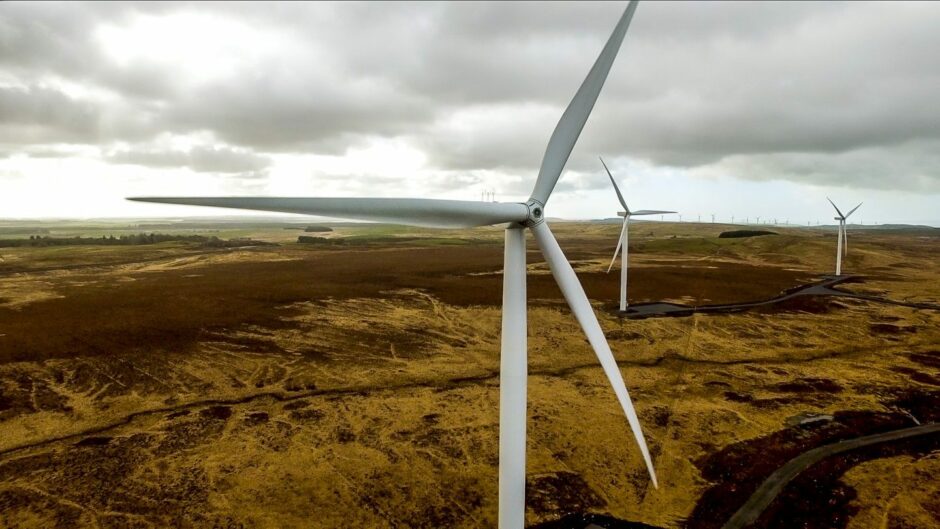
The chief executive of Centrica has called for a wider roll-out of hydrogen for heating and power generation in a bid to combat the intermittency of renewables.
Writing on LinkedIn, Chris O’Shea – who also serves as chairman of Centrica’s (LON:CNA) upstream arm Spirit Energy – said swings in the proportion of green energy on the grid posed “issues” that can only be met by dispatchable power.
Citing National Grid data, Mr O’Shea noted that around 16.5GW (nearly 70%) of the UK’s electricity was produced from renewable sources on the morning of Saturday 15th July, but by 5am on Tuesday 18th July this had fallen to just 10%, while almost 70% was produced from gas.
“When the wind doesn’t blow and the sun doesn’t shine, we have a problem. That problem won’t be solved by building more wind generation,” he said.
“It will only be solved by having clean, readily dispatchable, non-weather dependent electricity sources, such as hydrogen fired generation (which produces no carbon emissions).”
“We do need more wind and solar generation as well as more nuclear generation,” he added, “It’s just that we need something else as well.”
For the same reasons, he also advocated for the use of hydrogen to heat homes using “the amazing gas infrastructure” already in place in the UK.
His comments come just days after protests in the town of Ellesmere Port in Cheshire forced the government to abandon its plans to trial hydrogen heating there, leaving Redcar in Yorkshire as the sole remaining candidate for the demonstrator scheme.
A government decision on whether to back hydrogen for home heating UK-wide is not due until 2026.
However, Mr O’Shea remained bullish on the prospects for the green fuel, adding: “Let’s hope those trolls who are anti-hydrogen stop their self-serving opposition and start looking at what’s right for customers rather than what’s right for them.”
“At Centrica, the only things we’re against are climate change and unaffordable solutions,” he continued, affirming that the company was for a range of low-carbon solutions including electrification, hydrogen for power generation, heat pump and hydrogen boilers.
Clean energy advocates have long contested claims that the intermittency of renewables will hold back progress on decarbonisation, particularly as other avenues such as battery storage, flexible demand response as well as hydrogen and new nuclear are brought online.
Yet analysis by the Climate Change Committee (CCC) also suggests that current targets for hydrogen production capacity are “on the lower end of what could be needed” to decarbonise the power sector by 2035.
Meanwhile, Centrica’s storage arm is examing several fuel-switching projects, including one that would see its Easington gas processing terminal become a hub for hydrogen production and storage.
 © Centrica
© Centrica